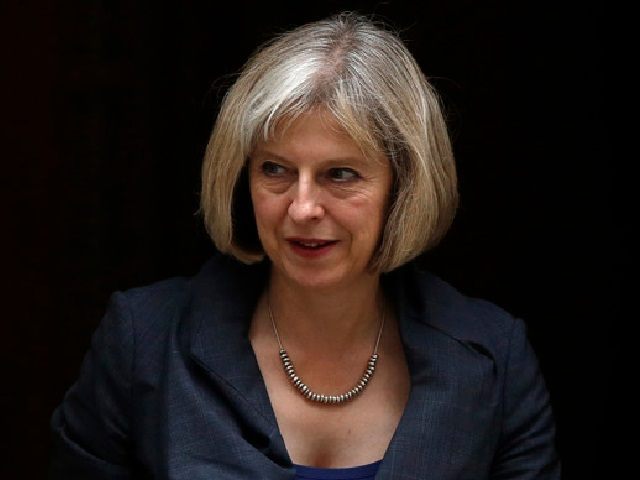A court has overruled Home Secretary Theresa May and released a convicted Islamic extremist from jail to live in the community. The unidentified foreign national has spent years behind bars on terror-related offences and is still believed to pose a threat to the public.
May signed a deportation order on 15 July as release was pending. Earlier this week Home Office lawyers asked a judge to remand him in custody until those proceedings finished, arguing he was not only a threat to the public but also a flight risk.
Mr Justice Irwin, of the Special Immigration Appeals Commission, ruled otherwise. The judge said the risk detainee N2, as he was known in court, would abscond was not enough to justify his continued detention. A hearing date for his appeal against the deportation order has not been set.
If successful with the next legal challenge, the Home Secretary plans to deport N2 to his country of origin and with which Britain has a Memorandum of Understanding on deportation cases.
A Home Office spokesman said: “We pursue every possible avenue to remove foreign nationals who threaten our national security and deportation with assurances is just one weapon in our wider armoury.
“Twelve individuals have been removed via these arrangements to date, including Abu Qatada in July 2013, and we are actively pursuing deportation with assurances in this case.”
According to the Bureau of Investigative Journalism, the reference to Abu Qatada is especially relevant. The Home Secretary spent years trying to deport him to Jordan after he completed his sentence in the UK.
Abu Qatada was first arrested in the UK over alleged terror connections in 2001 and fought every deportation issued from 2005 onwards.
The Palestinian-Jordanian cleric’s deportation was finally able to proceed in 2013 after the UK and Jordan signed a treaty agreeing that evidence obtained through torture would not be used against him. Abu Qatada has since been been released from prison after being found not guilty of terrorism offences by a court in Amman.
As for N2, he must wear a tag and comply with other strict conditions, but he will be able to live near his family and mingle in the wider community.
The bail conditions also restrict him from large transport hubs such as international railway stations and airports, and they forbid him from possessing any computer equipment or internet-connected mobile phone. He is only allowed a landline telephone.
However, the public has been barred from knowing who or where he is after the judge banned the media from identifying him, and from publishing any details about his original case that might enable people to pinpoint who he is.
Follow Simon Kent on Twitter: Follow @SunSimonKent or e-mail to: skent@breitbart.com

COMMENTS
Please let us know if you're having issues with commenting.